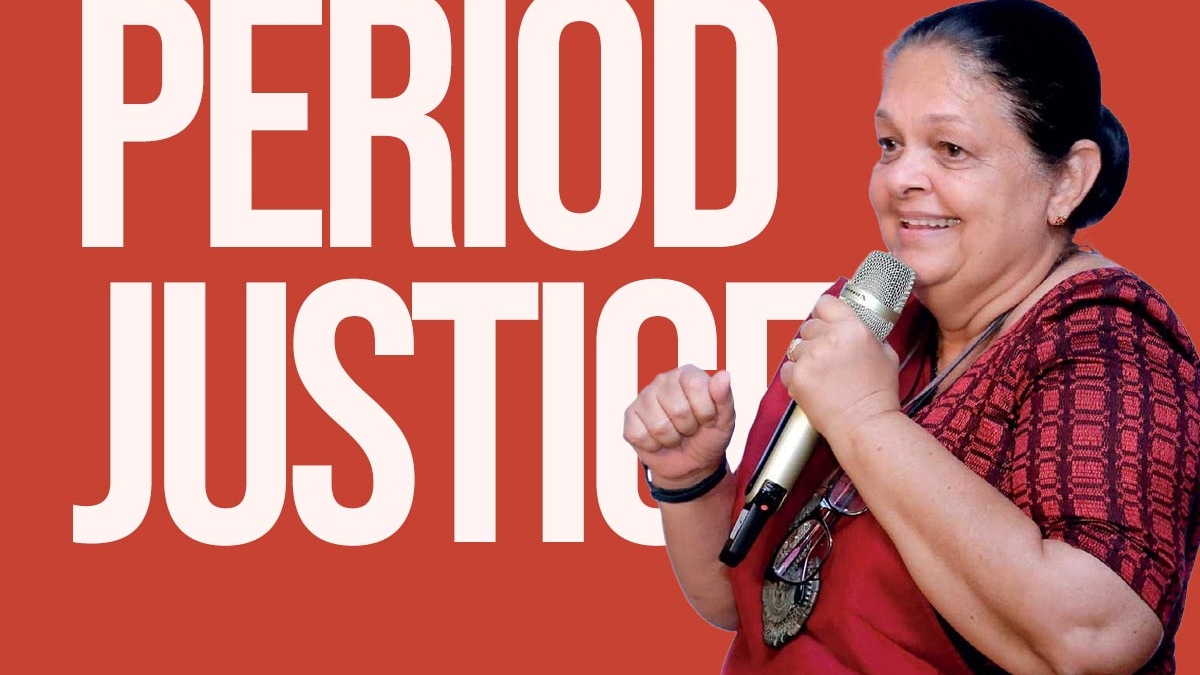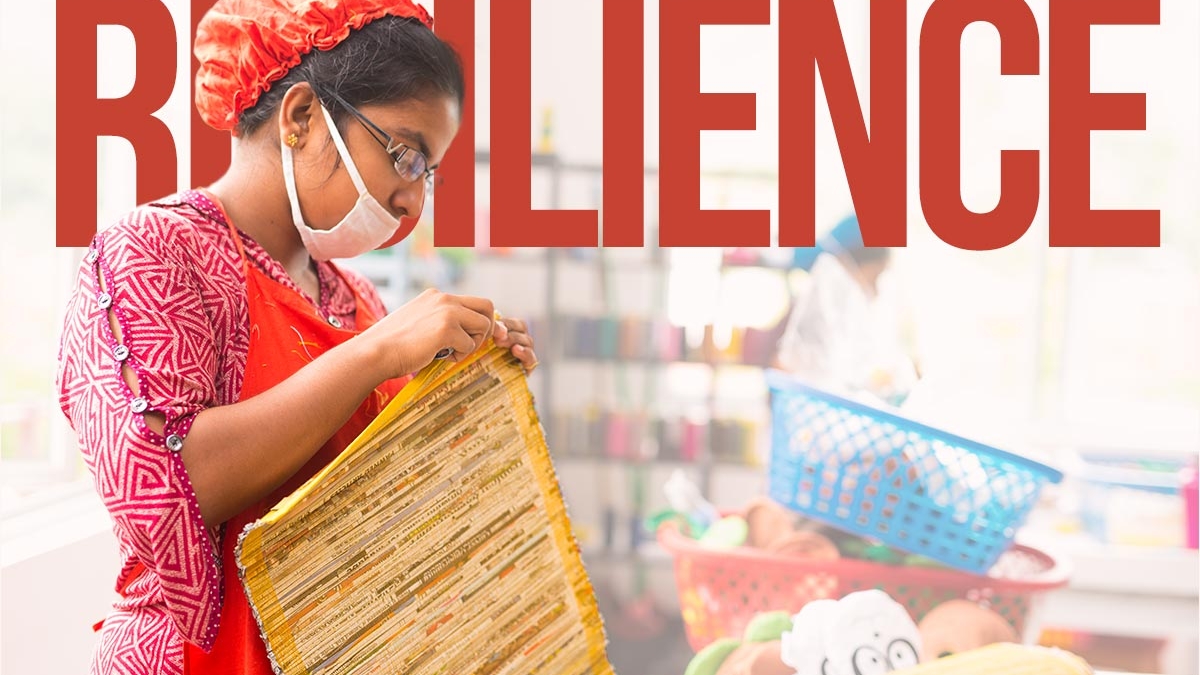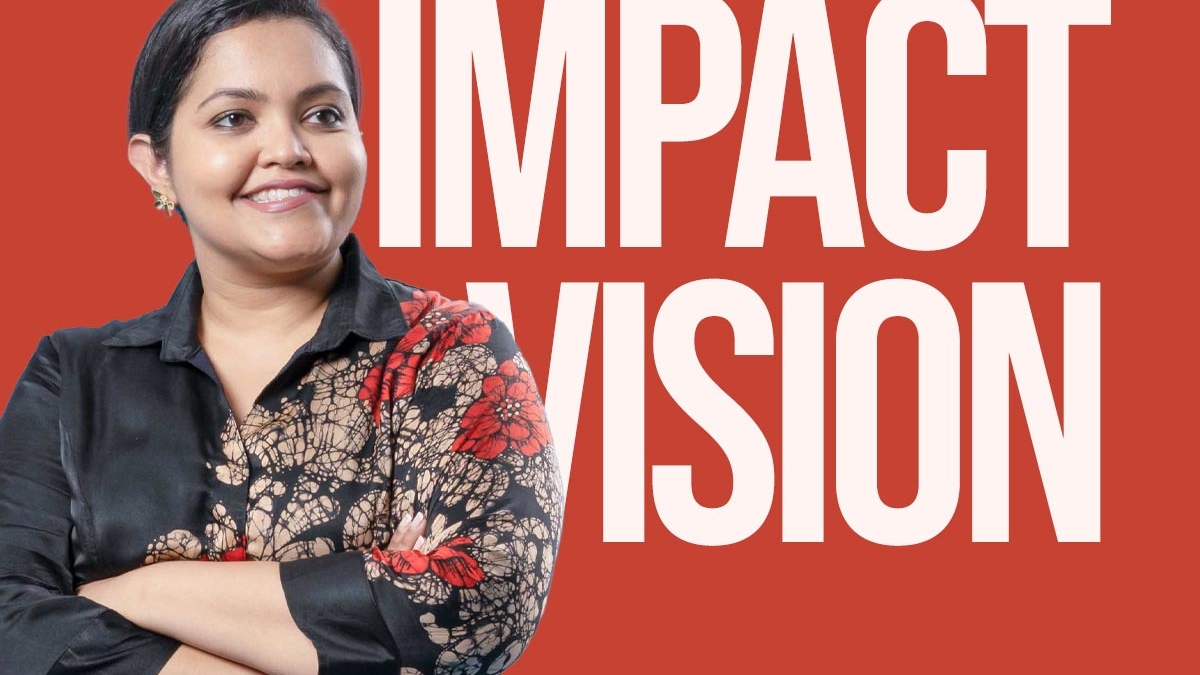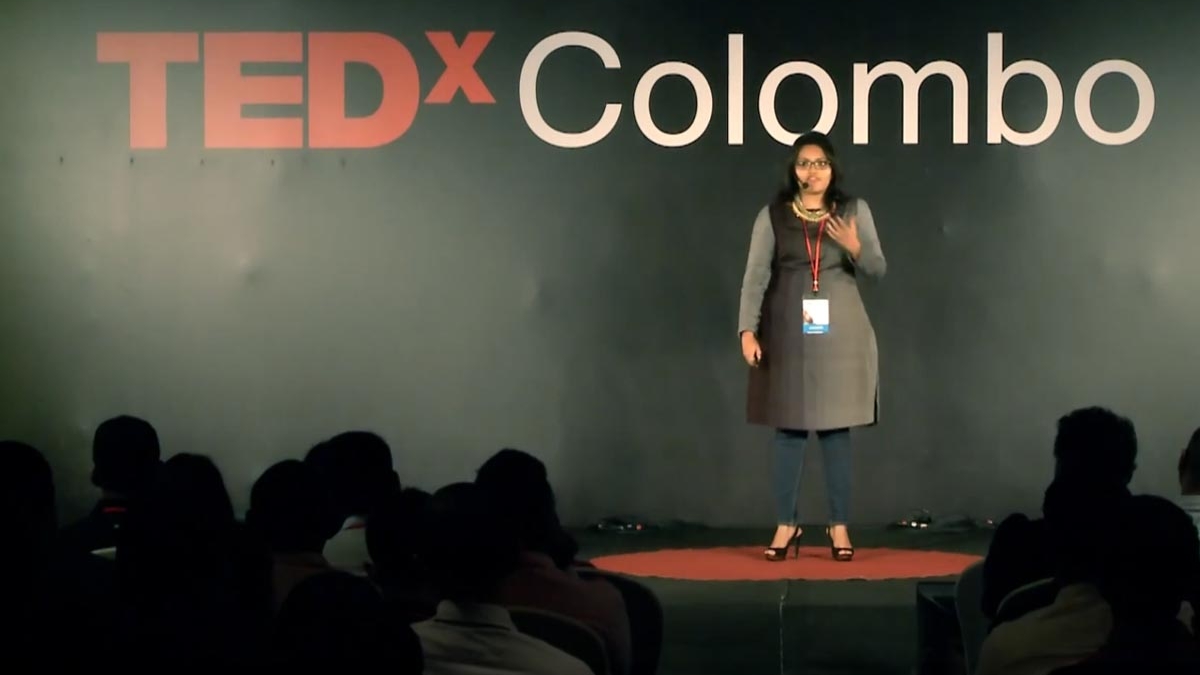At the heart of Selyn lies a profound purpose, propelling the company to lead transformative change in the textile industry. By championing ethical practices, embracing regenerative principles, and harnessing blockchain technology, Selyn is dedicated to expanding its global reach and uplifting rural communities in Sri Lanka. Selyna Peiris, Director Business Development at Selyn, offers a glimpse into the company’s visionary mission. Founded by her mother, Sandra Wanduragala, Selyn has garnered prestigious accolades such as Forbes Asia’s 50 over 50 and Most Innovative Entrepreneur of the Year awarded by the Women’s Chamber of Industry & Commerce.
Rooted in Sustainability
Selyn places the well-being of its people and the planet at the core of every business decision. Rather than solely focusing on maximizing profits, Selyn gives equal consideration to the impact on communities and the environment, even in times of adversity. This commitment was put to the test during the pandemic. However, the company persevered in its mission. In response to the challenges of 2020, Selyn prioritized innovation to protect its triple bottom line. Despite its heritage as a traditional handloom company, Selyn immediately shifted its focus to producing reusable masks in response to the global demand for personal protective equipment (PPEs). This strategic pivot was driven not only by financial considerations but also by Selyn’s dedication to safeguarding its people, ensuring that no employees were laid off during this period. This successful period catalysed the company’s mindset towards social innovation. Understanding that the company’s future success required looking beyond its current revenue streams, Selyn continued to innovate, exploring new pathways to sustain its business while upholding its social mission.
Business for Good
During these challenging economic periods, Selyn remains a steadfast source of employment for rural women. Their innovative approach involves a production model that centralizes tasks such as dyeing and quality assurance in their factory, while production happens in village locations involving approximately 600 individuals. This decentralized setup ensures adaptability and safety measures, crucial for continuity during crises. Moreover, Selyn’s efforts to elevate the perception of handloom products in the global design industry not only secure jobs but also enhance the prestige of their craft. By integrating blockchain technology and using innovative materials like banana fibre, they go beyond Fair Trade Practices reinforcing their commitment to ethical and sustainable practices.
Blockchain for Social Innovation
Selyn’s adoption of blockchain technology in its textiles represents a crucial facet of its social innovation endeavours, with a primary focus on enhancing transparency. Through the scanning of an NFC tag, customers can gain access to comprehensive product information, including details about the maker’s identity, environmental footprint, and social impact, such as timely payments to workers. This commitment to transparency not only aligns with Sri Lanka’s export objectives but also meets European standards, ensuring adherence to regulations and rules of origin.
The approach taken by Selyn was strategic, taking into account market demands, export complexities, and the organization’s inherent strengths. Their goal was to produce high-value textiles for the global design industry while upholding their Fair Trade principles. By integrating blockchain technology, they proactively addressed forthcoming European regulations, providing digital passports for their products years ahead of schedule. This proactive stance underscores the potential of social innovation, where considerations of people, planet, and profit intersect to drive meaningful change beyond traditional business norms.
Beyond Sustainability: Regeneration at the Core
Incorporating regeneration as a fundamental principle transcends mere sustainability at Selyn; the company strives to close the loop in business operations for long-term viability. This ethos is further evident in Selyn’s promotion of reusable sanitary napkins. Going beyond high-value productions, Selyn’s focus extends to mass products with a purpose. Programmes such as #BleedGood, which combines reusable pad donations with menstrual hygiene awareness campaigns, serve to not only tackle environmental issues but also empower women worldwide.
Selyn aims to continue innovating in this field by incorporating blockchain technology to ensure consistent user feedback and effective beneficiary management. Through these initiatives, Selyn contributes to a sustainable future while simultaneously driving business growth. By employing blockchain technology for transparency and utilizing regenerative practices, Selyn practically showcases approaches that minimize environmental impact while fostering economic growth and social inclusivity.
Driving Impact and Global Reach
Selyn’s journey towards regenerative growth is characterized by innovation and distinctiveness, leaving its mark on a global scale. The company’s acclaim at prestigious events such as the Dutch Design Week, The British Fashion Council IPF Forum, and recognition by publications like Forbes, The Business of Fashion, and Selvedge underscore its significant impact and unwavering commitment to ethical practices.
Through its social innovations, characterized by the integration of blockchain technology for radical transparency, Selyn is raising the standard for responsible trade practices. Prioritizing people and the planet over profit maximization, Selyn is reshaping the narrative, challenging conventional norms, and empowering Sri Lanka to assert its strengths and intellectual property on the global stage. Beyond mere business success, Selyn is committed to giving back to society and ensuring a prosperous future for Sri Lanka. By fostering collaboration and innovation, Selyn believes that businesses, regardless of their size, can lead the way in promoting regenerative growth, fostering inclusivity, sustainability, and ultimately, societal regeneration.





